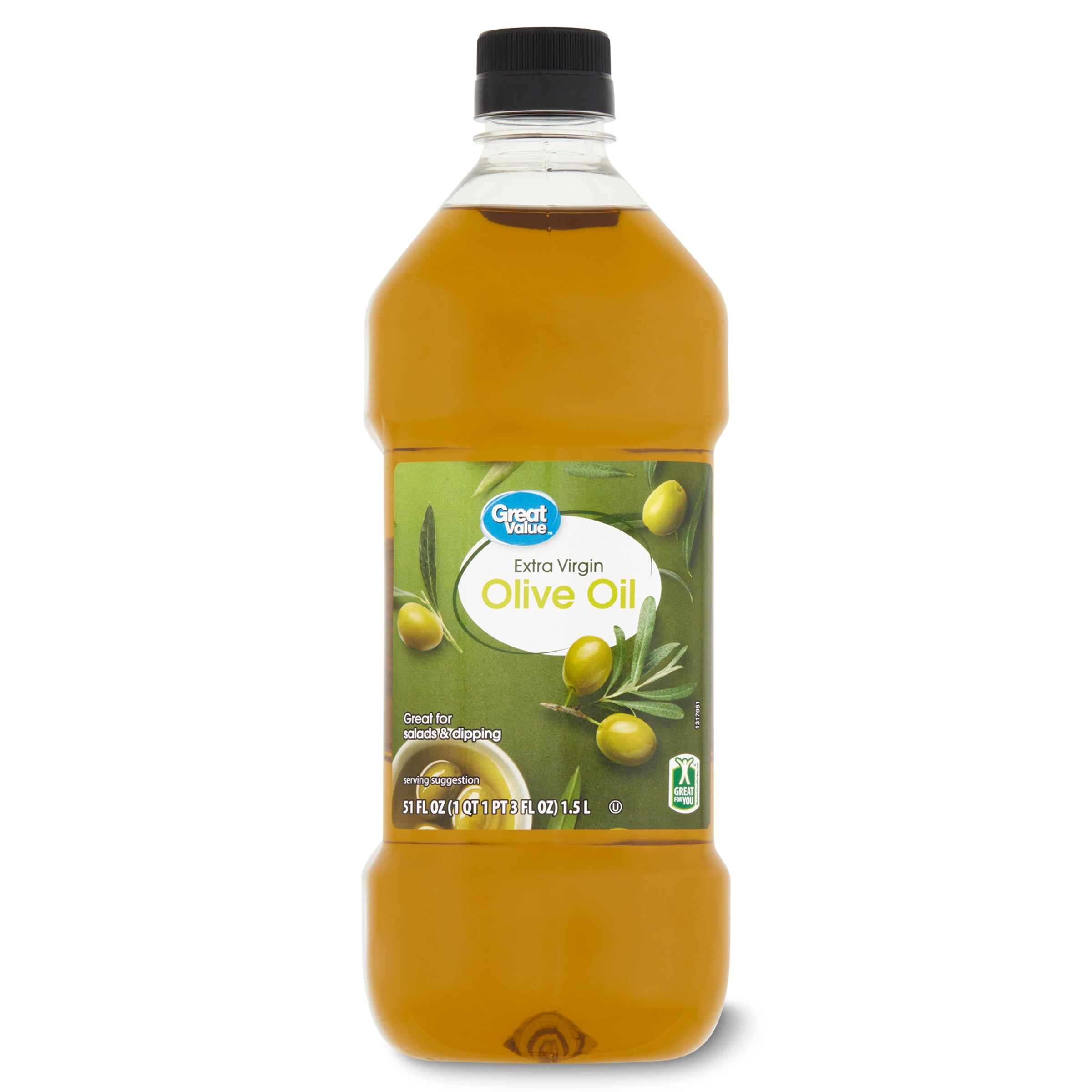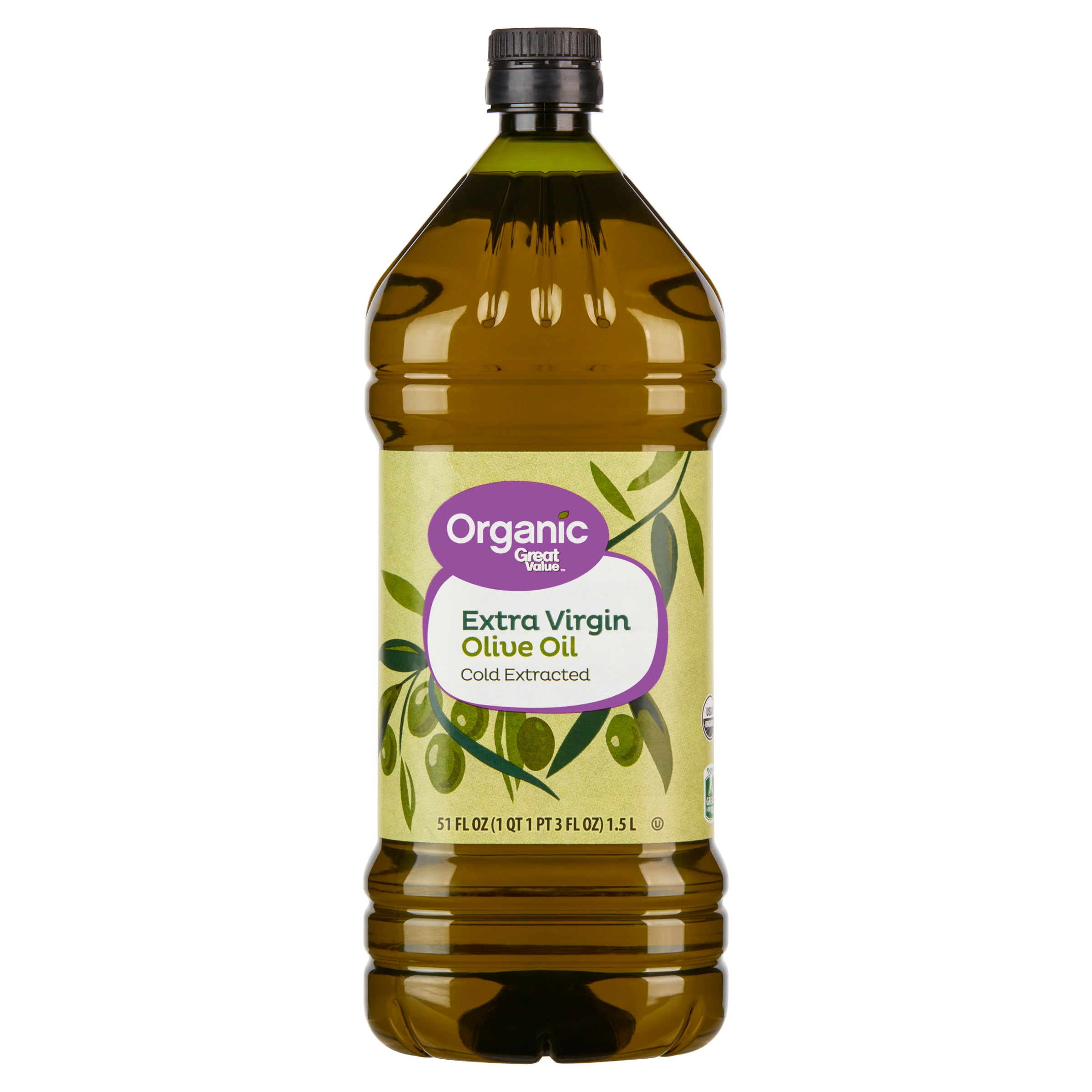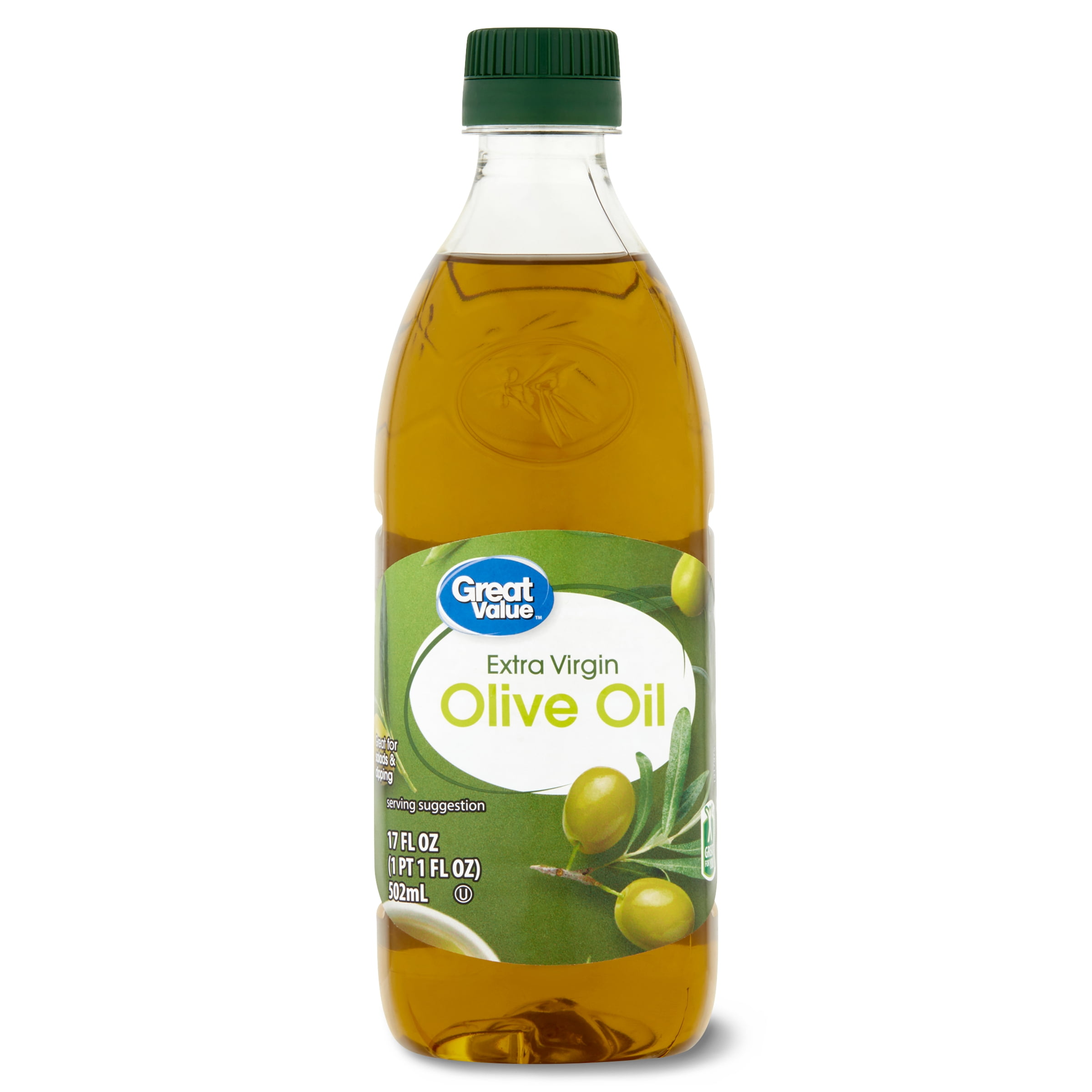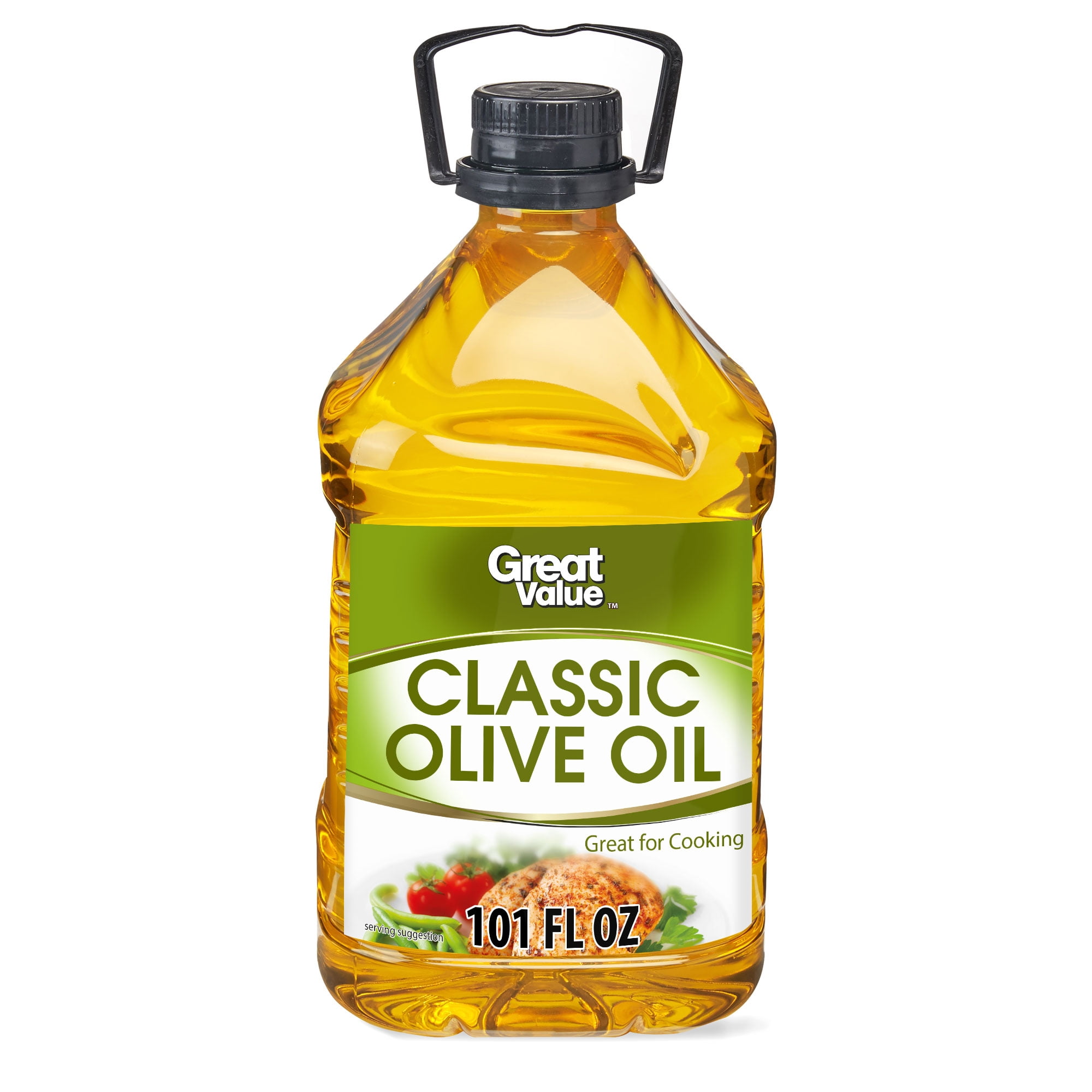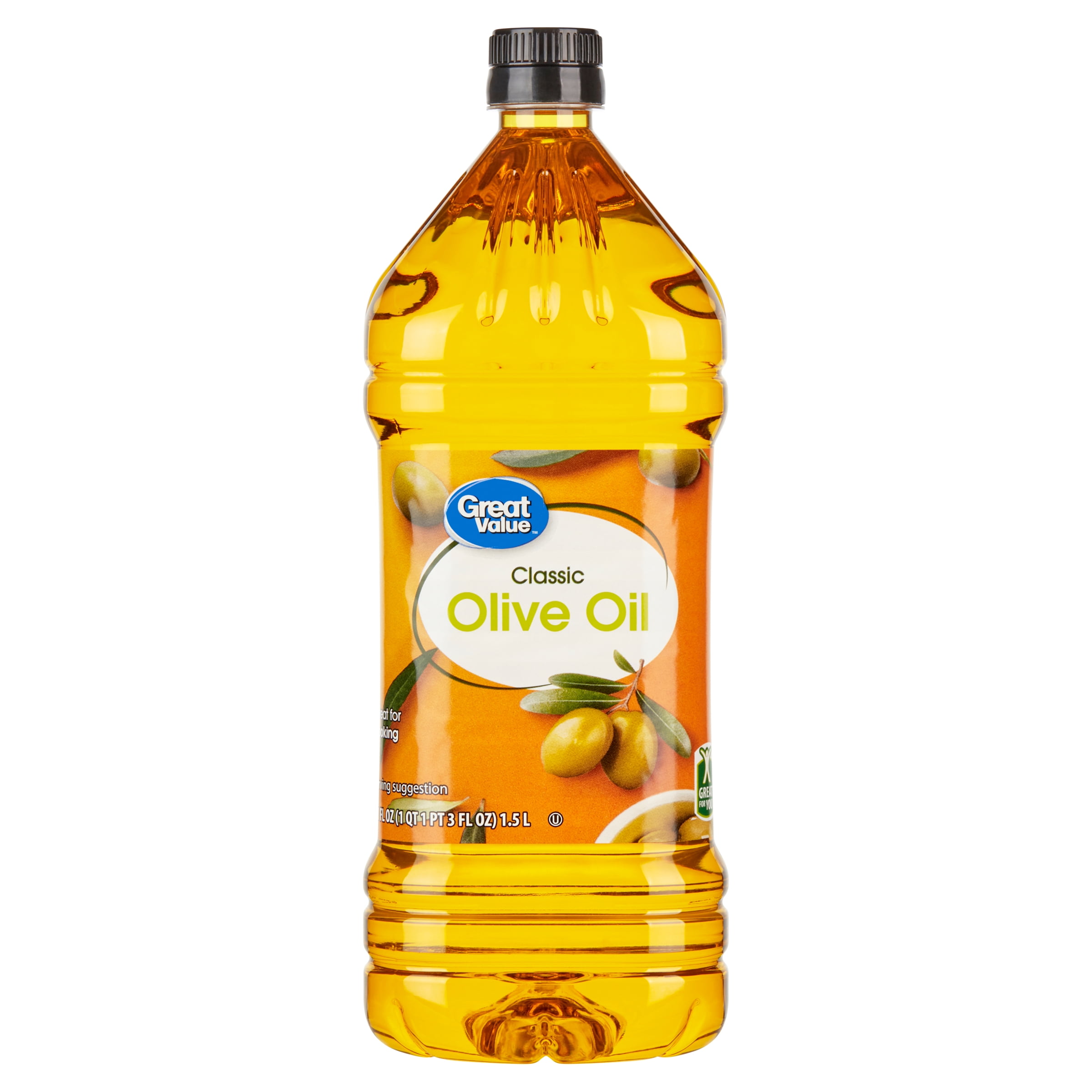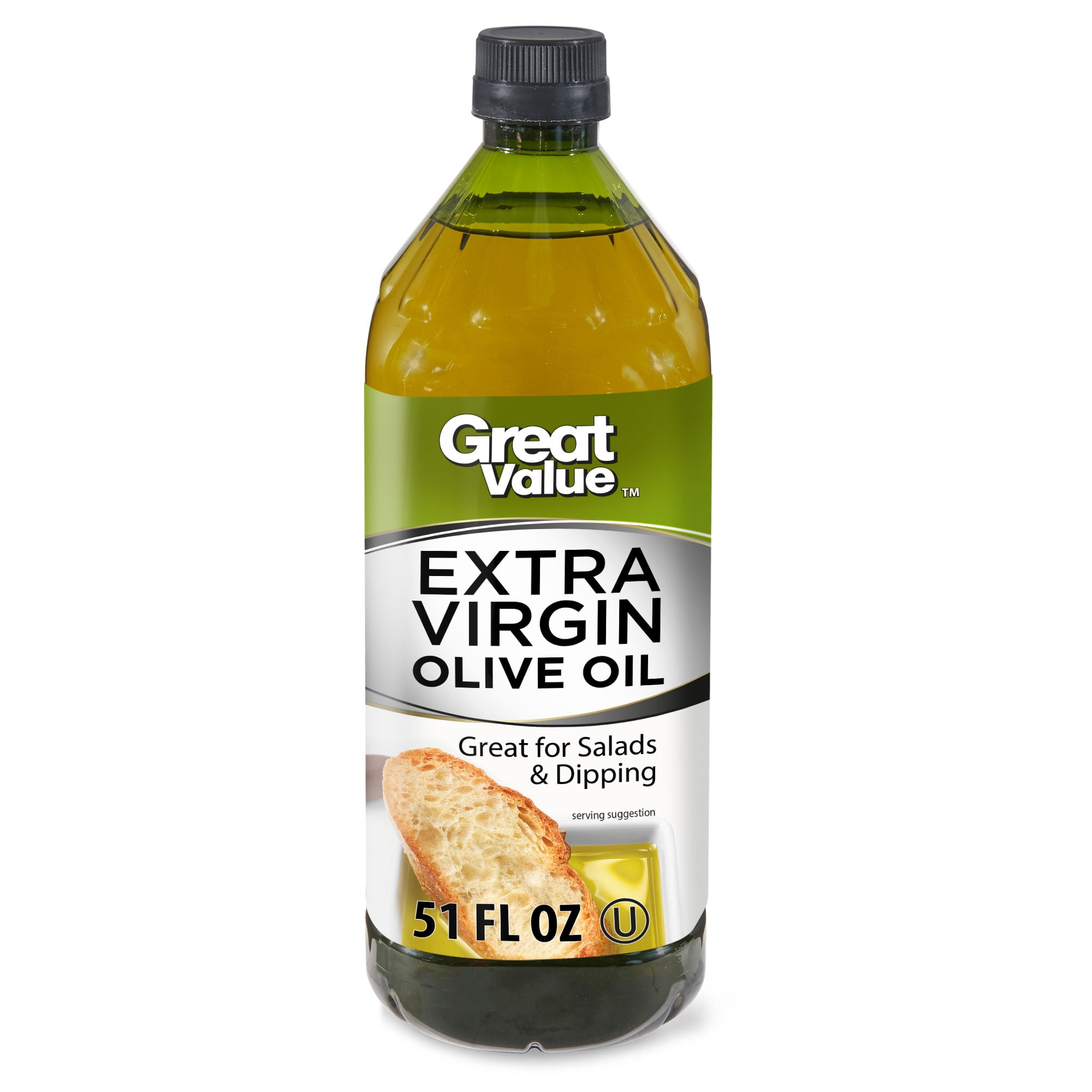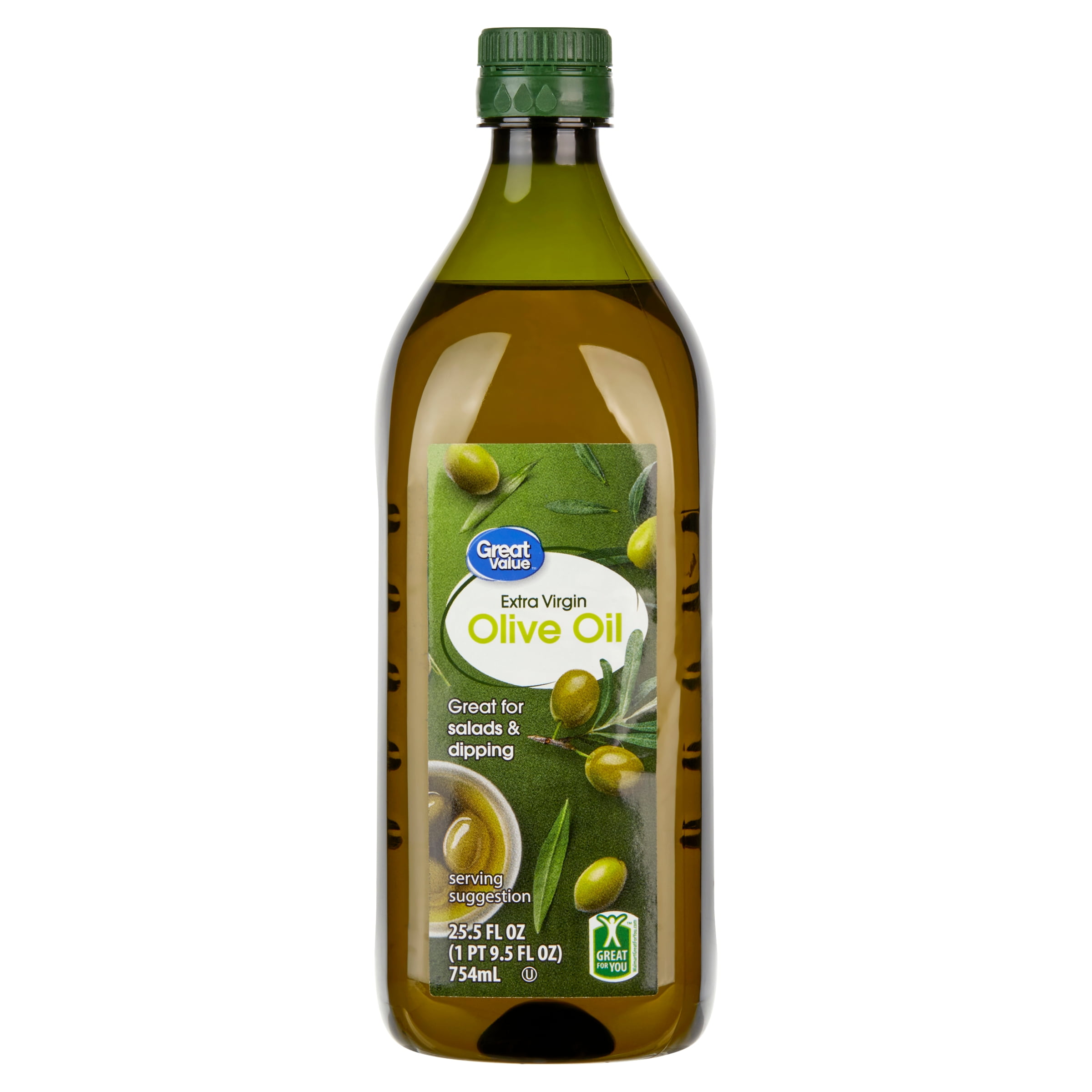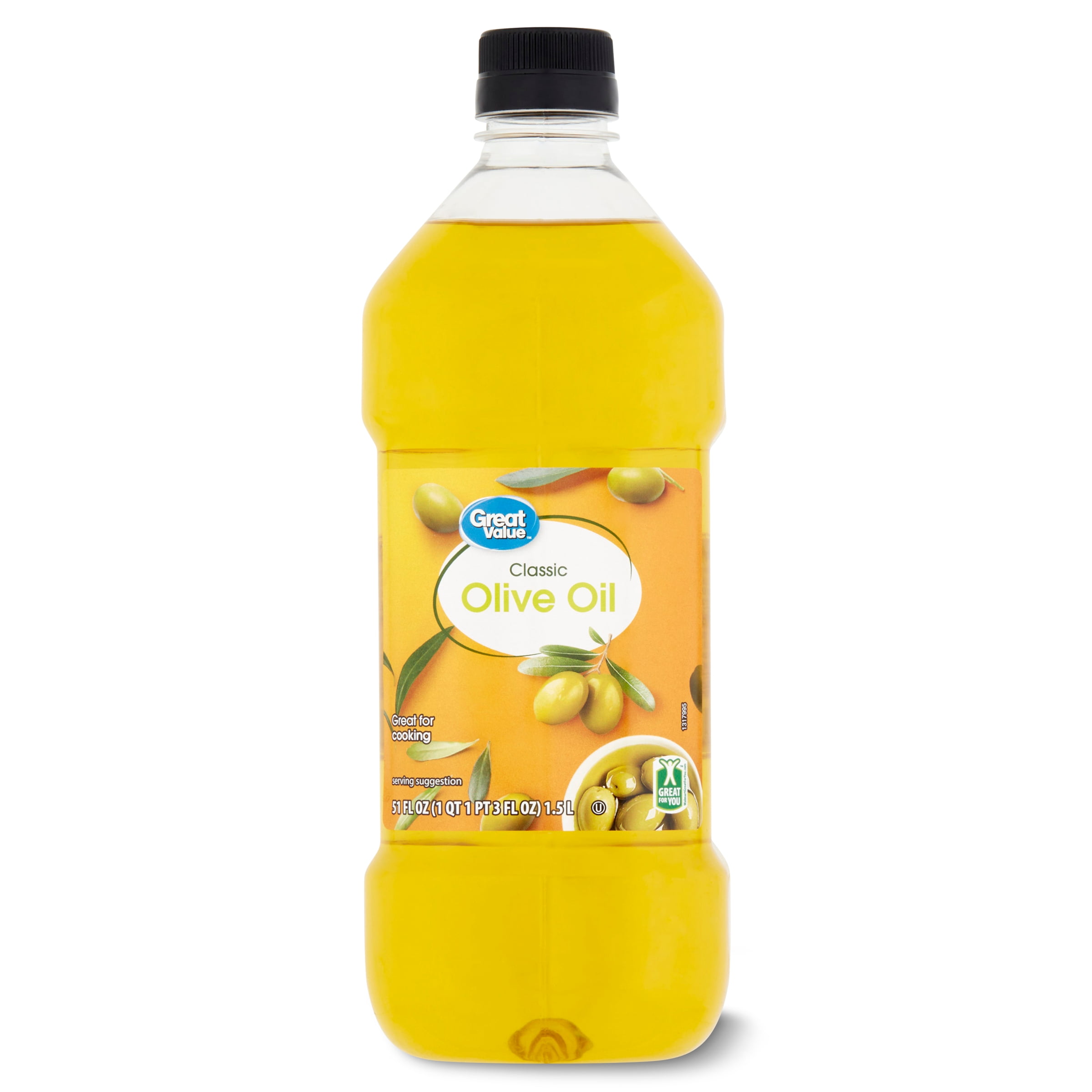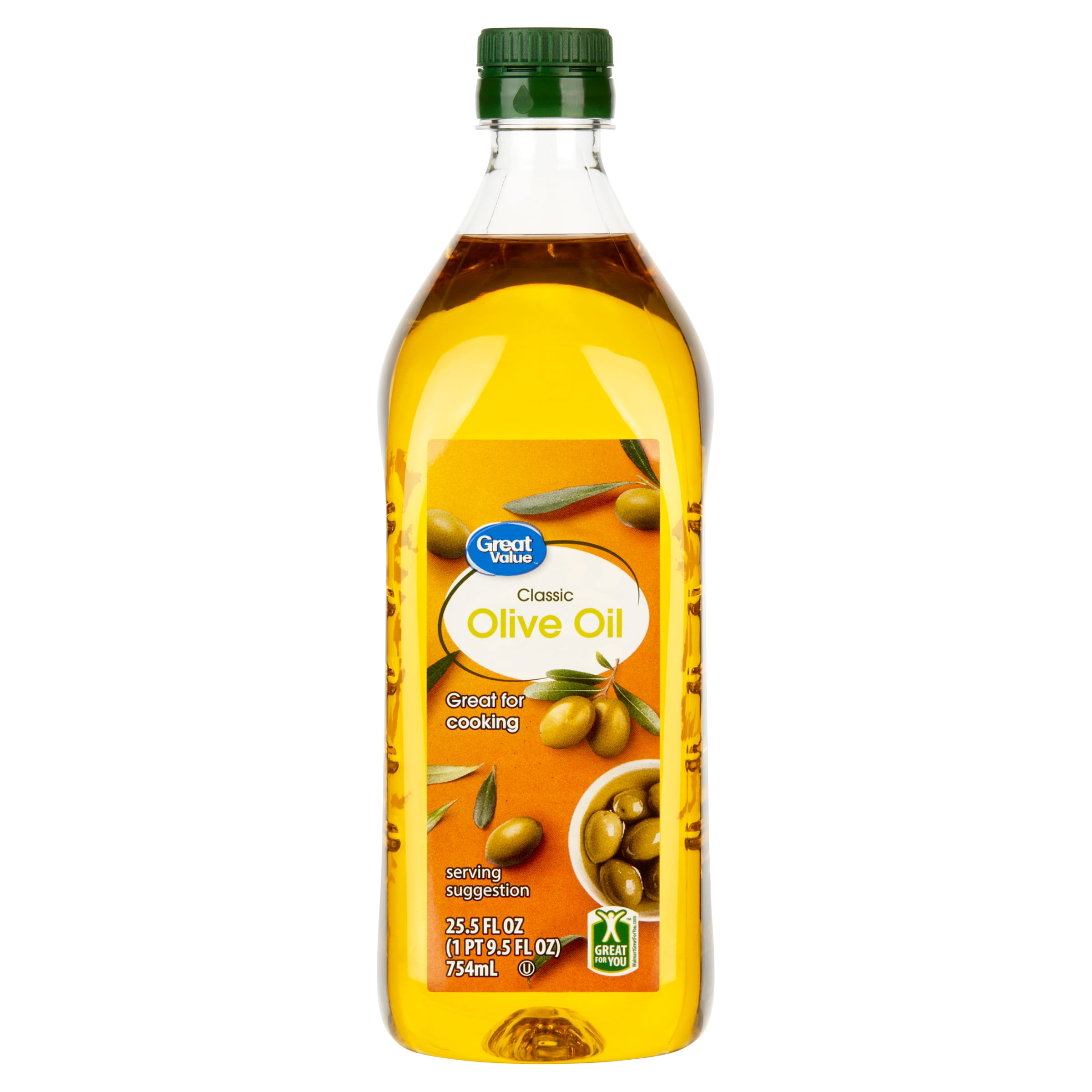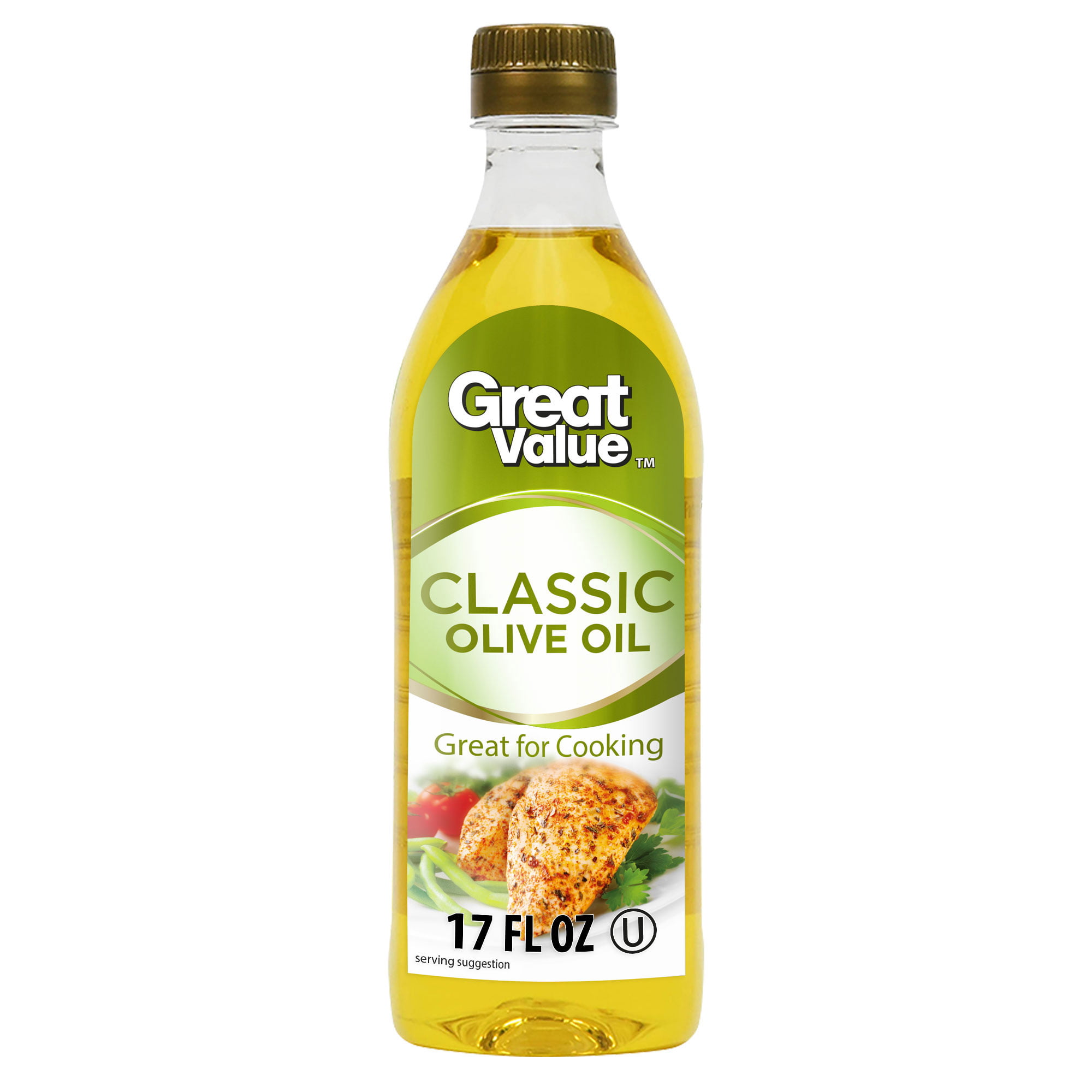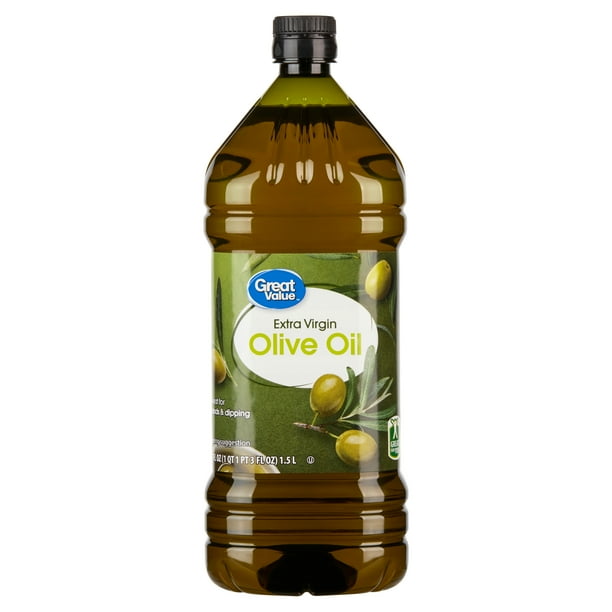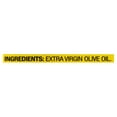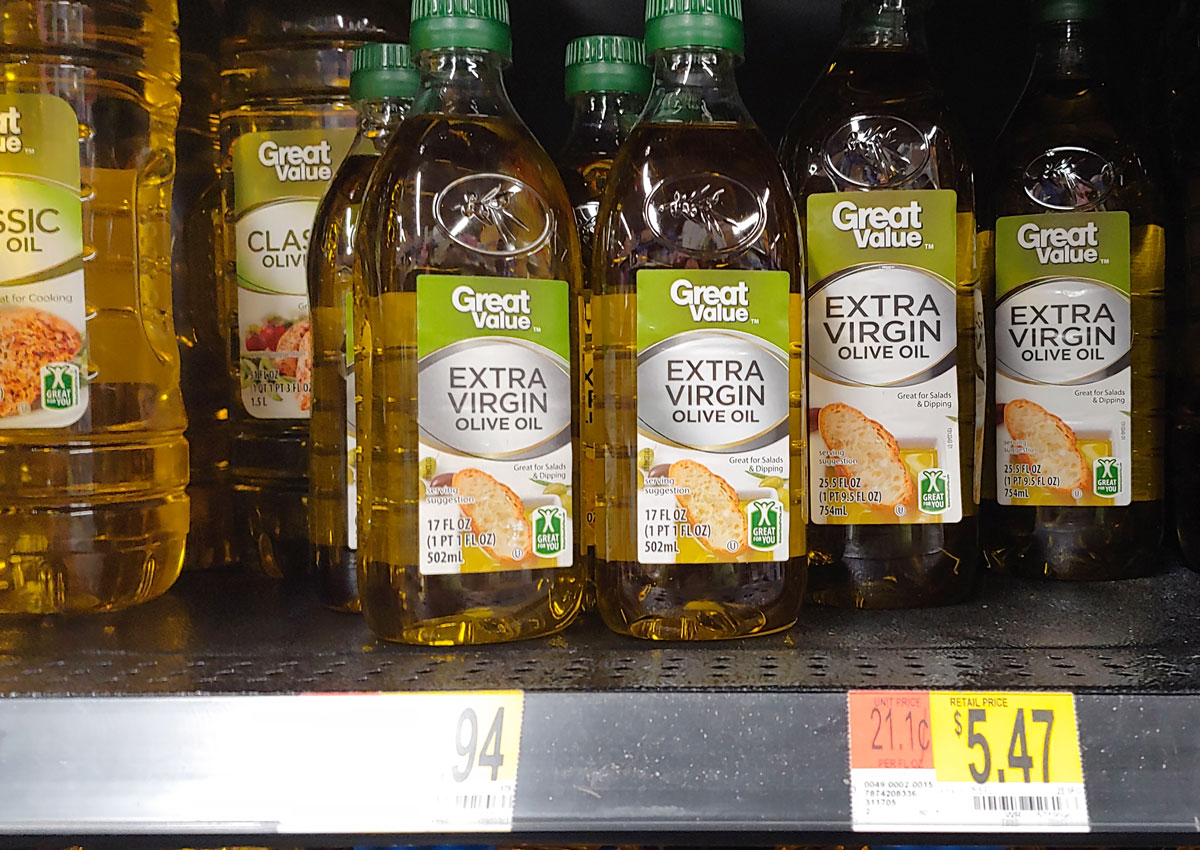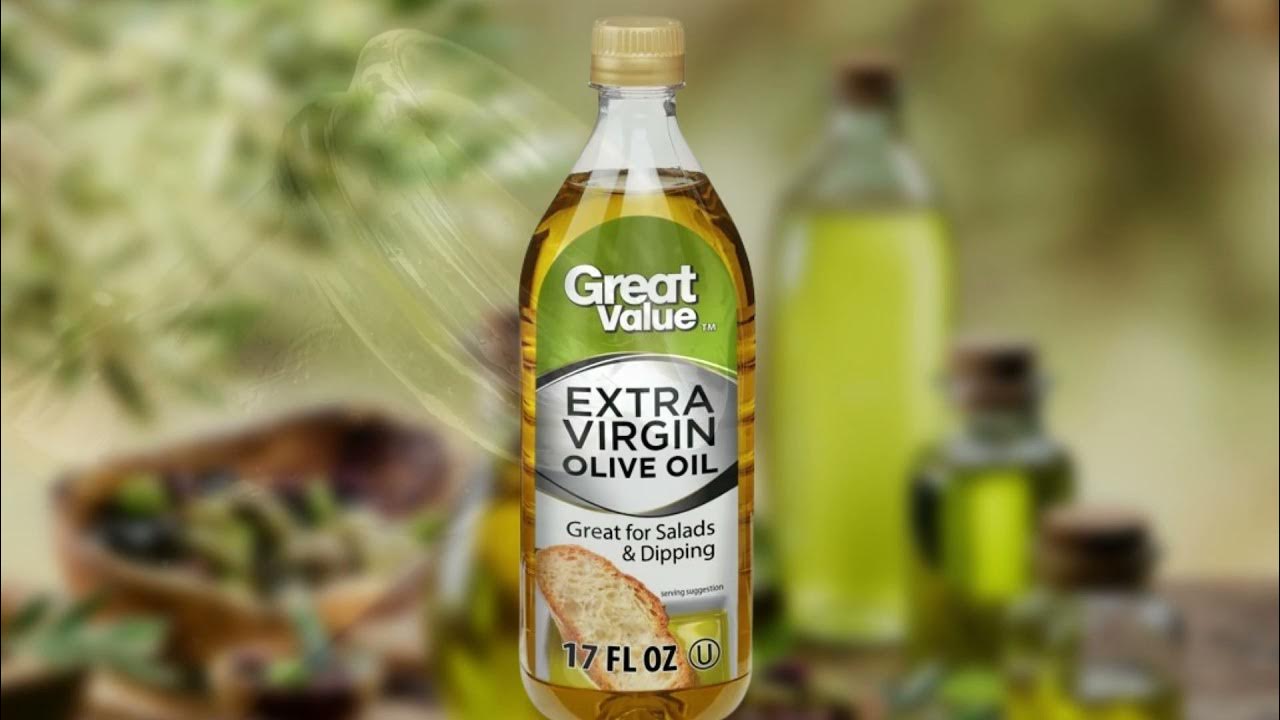Is Great Value Olive Oil Real
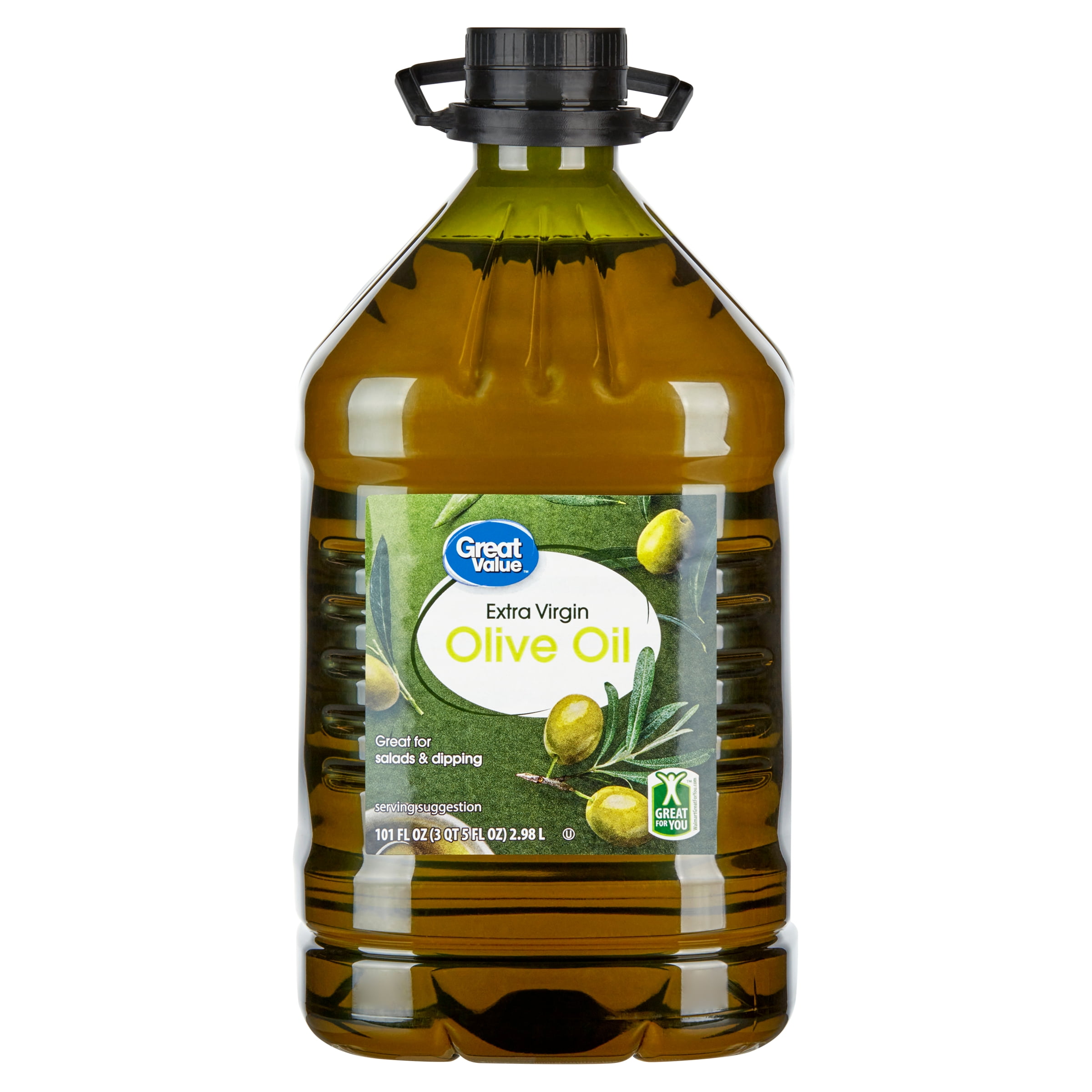
Olive oil, a staple in kitchens worldwide, is often touted for its health benefits and culinary versatility. But when it comes to affordability, store brands like Great Value, sold at Walmart, often raise questions: Is the quality compromised for the price? This article delves into the composition, testing, and labeling of Great Value olive oil to examine its authenticity and address consumer concerns.
The core question many consumers have is whether Great Value olive oil is genuine olive oil and whether it adheres to industry standards, and the answer is complex. Factors such as sourcing, production methods, and adherence to labeling regulations all play crucial roles in determining the integrity of the product. This analysis will explore these elements to provide a comprehensive understanding.
Understanding Olive Oil Grades
Olive oil is categorized into several grades, primarily extra virgin olive oil (EVOO), virgin olive oil, and refined olive oil. EVOO, the highest grade, is extracted purely by mechanical means without chemical treatments, possessing a free acidity level of no more than 0.8%. Virgin olive oil has a slightly higher acidity level, while refined olive oil undergoes processing to remove imperfections.
The grade of olive oil dictates its flavor profile, aroma, and suitability for various culinary applications. EVOO, with its robust flavor, is typically used for drizzling, dipping, and in cold dishes. Lower grades are often used for cooking at higher temperatures.
Great Value Olive Oil: Sourcing and Production
Great Value, as a private label brand, sources its products from various suppliers, making it difficult to pinpoint a single origin or production method. Walmart's official website and product labels are the primary sources of information regarding the olive oil's origin and composition.
Typically, large retailers like Walmart work with established olive oil producers and distributors to supply their private label brands. These suppliers are responsible for adhering to quality control standards and labeling regulations.
Testing and Standards
The authenticity of olive oil can be determined through laboratory testing, analyzing factors such as acidity, peroxide value, UV absorption, and fatty acid composition. These tests help to identify adulteration with other oils or the presence of defects.
Organizations like the North American Olive Oil Association (NAOOA) conduct regular testing of olive oils sold in the US market. While they don't test every brand continuously, their findings can provide insights into the overall quality of olive oil available to consumers. Unfortunately, specific test results for Great Value olive oil are not always publicly available.
Labeling and Regulations
Olive oil labeling is regulated by various agencies, including the Food and Drug Administration (FDA). These regulations aim to prevent mislabeling and ensure that consumers receive accurate information about the product they are purchasing.
The label should clearly indicate the grade of olive oil (e.g., extra virgin), the country of origin, and any other relevant information, such as whether it is cold-pressed or organic. Consumers should carefully examine labels for any inconsistencies or misleading claims.
Addressing Common Concerns
One common concern regarding affordable olive oil brands like Great Value is the potential for adulteration with cheaper oils, such as soybean or canola oil. Some studies have indicated that a percentage of olive oils on the market do not meet the standards for their claimed grade. However, without specific testing data for Great Value, it's impossible to definitively state its authenticity.
Another concern is the use of older or lower-quality olives in the production process. This can affect the flavor and aroma of the olive oil, making it less desirable for certain culinary applications. This is not unique to Great Value but can affect any mass produced brand.
Consumer Perception and Feedback
Consumer reviews and feedback can offer valuable insights into the quality of Great Value olive oil. While subjective, these reviews often highlight aspects such as taste, aroma, and overall satisfaction. It's important to consider a range of reviews and not rely solely on isolated experiences.
A thorough reading of user reviews typically reveals a spectrum of opinions, with some consumers praising the oil's affordability and acceptable quality, while others express concerns about its flavor or aroma.
Conclusion: Is It Real Olive Oil?
Determining the absolute authenticity of Great Value olive oil requires access to comprehensive testing data and insights into its specific sourcing and production methods. While the brand's affordability may raise questions, it's crucial to rely on objective information rather than assumptions.
Consumers who prioritize proven superior quality may opt for brands with transparent sourcing and independent testing certifications. However, for everyday cooking needs, Great Value olive oil may offer a reasonable option for budget-conscious consumers if it meets basic labeling requirements and doesn't exhibit obvious signs of adulteration.
Ultimately, the decision of whether to purchase Great Value olive oil depends on individual priorities and preferences. Careful consideration of labeling information, consumer reviews, and a willingness to conduct personal taste tests can help consumers make informed choices.
